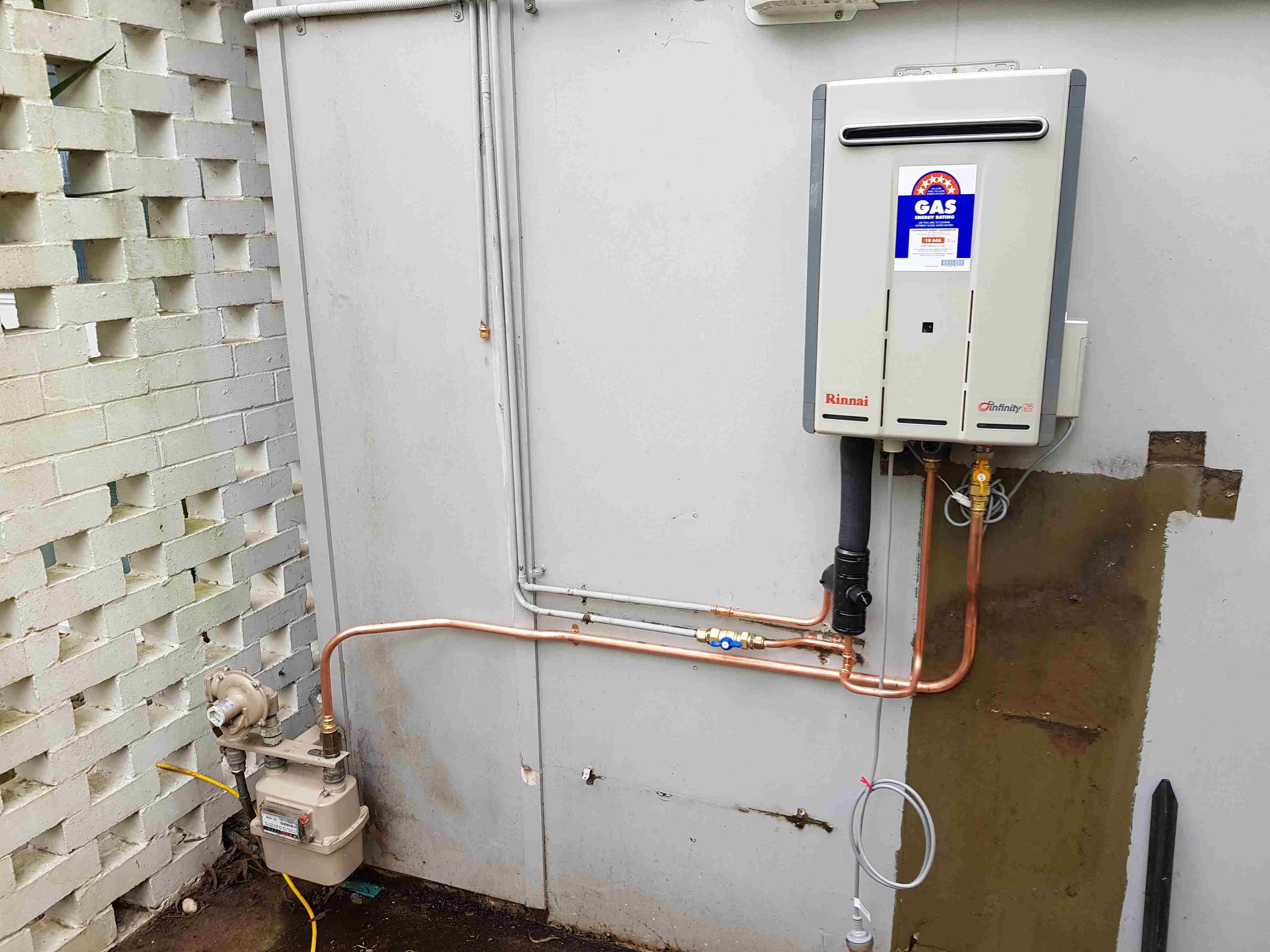

Articles
What Happens When A Water Heater Explodes
Modified: October 20, 2024
Discover what happens when a water heater explodes in this informative article. Learn about the causes, dangers, and precautions to ensure your safety.
(Many of the links in this article redirect to a specific reviewed product. Your purchase of these products through affiliate links helps to generate commission for Storables.com, at no extra cost. Learn more)
Introduction
A water heater is an essential appliance that provides hot water for various household needs, from showering to washing dishes. However, there is a potential danger associated with water heaters that should not be ignored – the risk of an explosion. While water heater explosions are rare, they can have devastating consequences, causing property damage and posing a threat to the safety of people within the vicinity.
In this article, we will explore the causes of water heater explosions, the signs that indicate a potential explosion, what to do if your water heater explodes, and how to prevent such incidents from occurring in the first place.
Understanding the causes of water heater explosions is important as it allows homeowners to take the necessary precautions to prevent these dangerous situations. Additionally, knowing the signs of a potential explosion can help homeowners to identify and address any issues before they become critical.
In the unfortunate event that a water heater does explode, it is crucial to know how to react promptly and safely. Taking the appropriate steps can minimize damage and ensure the well-being of everyone in the vicinity.
To avoid ever experiencing a water heater explosion, it is important to practice regular maintenance and be aware of potential risks. By following these preventive measures, homeowners can significantly reduce the likelihood of a dangerous explosion occurring.
Whether you are a homeowner or someone who works with water heaters, this article will provide you with valuable insights into the causes, signs, and prevention of water heater explosions. By understanding the risks and taking the necessary precautions, you can ensure the safety of your home and loved ones.
Key Takeaways:
- Regular maintenance, monitoring pressure, and addressing signs of malfunction can significantly reduce the risk of water heater explosions, safeguarding your home and loved ones from potential dangers.
- In the event of a water heater explosion, prioritize safety, turn off power and water supply, seek professional help, and document the damage for insurance purposes to ensure a prompt and safe recovery process.
Read more: What Happens When Water Pump Goes Out
Understanding Water Heater Explosions
Water heater explosions occur when the pressure inside the tank exceeds its safety limits, causing the tank to rupture and release a massive amount of hot water and steam. The force of the explosion can cause significant damage to the surrounding area, including structural damage and potential injuries to anyone nearby.
There are two main types of water heater explosions: tank explosion and steam explosion. A tank explosion happens when the pressure relief valve fails to release the excess pressure, causing the tank to rupture. On the other hand, a steam explosion occurs when the water inside the tank reaches a superheated state, rapidly turning into steam and causing a sudden release of pressure.
One of the primary factors that contribute to water heater explosions is the buildup of pressure within the tank. Water heaters typically have a pressure relief valve that helps regulate the pressure inside the tank. However, if this valve becomes faulty or malfunctions, the excess pressure cannot be released, increasing the risk of an explosion.
Another factor is overheating. When the temperature of the water inside the tank exceeds its maximum limit, it can cause the water to boil rapidly, leading to a steam explosion. This can happen due to a malfunctioning thermostat or a faulty heating element.
Additionally, a lack of maintenance and regular inspections can contribute to water heater explosions. Sediment buildup inside the tank can restrict the flow of water and heat transfer, causing the water heater to overheat. Over time, the constant exposure to high temperatures and pressure can weaken the tank, increasing the chances of an explosion.
Lastly, external factors such as a power surge or a sudden increase in the water pressure can also trigger a water heater explosion. Power surges can cause the heating element to overheat, while a sudden increase in water pressure can put excessive stress on the tank, leading to a rupture.
Understanding the causes behind water heater explosions is crucial for homeowners and professionals working with water heaters. By being aware of the risks and taking preventive measures, such as regular maintenance and inspections, pressure relief valve checks, and temperature monitoring, the chances of a water heater explosion can be significantly reduced.
Causes of Water Heater Explosions
Water heater explosions can occur due to several factors, with the common underlying cause being a buildup of pressure inside the tank. Understanding these causes can help homeowners and professionals take proactive measures to prevent dangerous explosions.
1. Faulty Pressure Relief Valve
The pressure relief valve is designed to release excess pressure inside the water heater tank. However, if the valve malfunctions or becomes faulty, it may fail to perform its intended function, leading to a dangerous increase in pressure. Regular inspection and maintenance of the pressure relief valve are essential to ensure it is in proper working condition.
2. Overheating
When the water inside the tank becomes too hot, it can cause the water to boil rapidly, leading to a buildup of steam and pressure. This can happen due to a faulty thermostat or a malfunctioning heating element. Regularly checking and calibrating the thermostat, as well as ensuring the heating element is functioning correctly, can help prevent overheating.
Read more: When Should You Replace Water Heater
3. Sediment Buildup
Over time, minerals and sediment can accumulate at the bottom of the water heater tank. This sediment buildup can limit the flow of water, obstruct heat transfer, and result in the water heater becoming overheated. Regularly flushing the tank to remove sediment can prevent this issue and maintain the efficiency of the water heater.
4. Corrosion and Weakness in the Tank
Constant exposure to high temperatures and pressure can cause corrosion and weaken the tank over time. This can lead to cracks or leaks in the tank, making it more susceptible to an explosion. Regular inspection of the tank for signs of corrosion or structural damage is vital in identifying and addressing any weaknesses before a catastrophic event occurs.
5. Power Surges
A sudden power surge can cause the heating element in an electric water heater to overheat, increasing the pressure inside the tank. Installing surge protectors or voltage stabilizers can help mitigate the risk of power surges and protect the water heater from potential damage and explosions.
6. High Water Pressure
Excessive water pressure can put undue stress on the tank, potentially leading to its rupture. Installing a pressure-reducing valve or a water pressure regulator can help control the water pressure and prevent it from reaching dangerous levels.
By understanding these causes, homeowners and professionals can take appropriate measures to prevent water heater explosions. Regular maintenance, inspections, monitoring of temperature and pressure, and addressing any issues promptly can help ensure the safe and reliable operation of the water heater.
Signs of a Potential Water Heater Explosion
Recognizing the warning signs of a potential water heater explosion is crucial for homeowners. By identifying these signs early on, appropriate actions can be taken to prevent a catastrophic event from occurring. Here are some common signs that indicate a potential water heater explosion:
1. Strange Noises
If you notice unusual noises coming from your water heater, such as banging, popping, or rumbling sounds, it could be a sign of excessive buildup of sediment inside the tank. This sediment can cause the water to overheat, leading to an increase in pressure and potential for an explosion.
2. Leaks or Drips
Any signs of leaks or drips around the water heater should not be ignored. A leaky tank can indicate structural weaknesses or corrosion, which can eventually lead to a rupture and explosion. It is important to address these leaks promptly and have the water heater inspected by a professional.
3. Fluctuating Temperatures
If you experience inconsistent hot water temperatures or notice sudden changes in water temperature, it could indicate a problem with the thermostat or the heating element. These irregularities can lead to overheating and increase the risk of a water heater explosion.
Read more: What Is The Lifespan Of A Water Heater
4. Excessive Pressure
If you observe abnormally high pressure readings on the pressure relief valve or notice frequent fluctuations in pressure, it is a red flag. This could indicate a malfunctioning pressure relief valve or excessive pressure buildup inside the tank. Contact a professional to inspect and address the issue promptly.
5. Foul Odors
Unpleasant smells coming from the water heater can indicate the presence of bacteria or other microorganisms in the tank. This can lead to corrosion and deterioration of the tank, making it more susceptible to an explosion.
6. Age of the Water Heater
The age of the water heater is a significant factor to consider. As water heaters age, they become more prone to corrosion and structural weaknesses, making them more susceptible to explosions. If your water heater is approaching or past its expected lifespan, it is recommended to have it inspected or replaced.
It is crucial to take these signs seriously and not ignore any potential issues with your water heater. If you notice any of these signs, it is recommended to contact a professional plumber or water heater technician to assess the situation and recommend appropriate actions. Regular maintenance and inspections can help identify and address potential problems before they escalate into dangerous situations.
What to Do If Your Water Heater Explodes
Experiencing a water heater explosion can be a terrifying and dangerous situation. It is essential to know how to react promptly and safely to minimize damage and ensure the well-being of everyone involved. Here are the steps to take if your water heater explodes:
Read more: What Happens When Gutters Are Clogged
1. Prioritize Safety
The immediate priority is to ensure the safety of yourself and others. If you are in the vicinity of the explosion, quickly move to a safe location away from the water heater. If there are any signs of smoke, fire, or a strong smell of gas, evacuate the area immediately and call emergency services.
2. Turn Off the Power
If it is safe to do so, locate the circuit breaker or switch that controls the power to the water heater and turn it off. This will prevent electrical hazards and minimize the risk of further damage.
3. Shut Off the Water Supply
Locate the shut-off valve on the water supply line connected to the water heater. Turn it clockwise to shut off the water flow into the tank. This will help prevent additional water from leaking or adding to the damage caused by the explosion.
4. Call for Professional Help
Once you have ensured everyone’s safety and turned off the power and water supply, contact a professional plumber or a water heater technician to assess the situation. They will have the expertise to inspect the damage, provide necessary repairs, or recommend a replacement for your water heater.
Read more: What Is An Indirect Water Heater
5. Document the Damage
It is important to document the damage caused by the water heater explosion for insurance purposes. Take photographs or videos of the scene, noting any visible damage to the surrounding area. This documentation will assist in the claims process and help ensure a smooth recovery.
6. Properly Dispose of the Damaged Water Heater
If the water heater is irreparably damaged, the professional technician will assist in safely removing and disposing of the unit. Do not attempt to handle or move the water heater yourself, as it may be heavy and contain hazardous materials. Trust the expertise of the professionals for the safe disposal of the damaged equipment.
Remember, water heater explosions are rare but can pose significant risks. Regular maintenance, inspections, and promptly addressing any issues can help reduce the chances of a water heater explosion. If an explosion does occur, following these steps will help safeguard your safety and ensure the appropriate actions are taken to rectify the situation.
Preventing Water Heater Explosions
While water heater explosions are rare, it is crucial to take preventive measures to minimize the risk of such a catastrophic event from occurring. By following these guidelines, you can ensure the safe and efficient operation of your water heater:
1. Regular Maintenance
Schedule regular maintenance for your water heater. This includes draining and flushing the tank to remove sediment buildup, checking and testing the pressure relief valve, inspecting the tank for signs of corrosion or damage, and ensuring proper functioning of the thermostat and heating element. Regular maintenance will not only prolong the lifespan of the water heater but also reduce the chances of an explosion.
Read more: What Happens If Water Pump Fails
2. Monitor Temperature and Pressure
Install a pressure gauge on the water heater to monitor the pressure inside the tank. Make sure the pressure is within the manufacturer’s recommended range. Additionally, keep an eye on the temperature settings. Avoid setting the thermostat too high, as it can result in the water overheating and potentially causing an explosion.
3. Replace Faulty or Aging Components
Regularly inspect the pressure relief valve and replace it if it is faulty or not functioning correctly. Similarly, if the water heater is aging or showing signs of deterioration, consider replacing it. Old or damaged water heaters are more prone to leaks, corrosion, and structural weaknesses, increasing the risk of an explosion.
4. Control Water Pressure
Install a pressure-reducing valve or a water pressure regulator to ensure that the water pressure entering the water heater is within safe limits. Excessive water pressure can put stress on the tank and increase the risk of a rupture.
5. Protect Against Power Surges
Install surge protectors or voltage stabilizers for electric water heaters to protect them from power surges. A power surge can cause the heating element to overheat and increase the pressure inside the tank.
Read more: What Happens When A Wildflower Dies
6. Follow Manufacturer’s Guidelines
Read and follow the manufacturer’s guidelines and instructions for your specific model of water heater. This includes installation requirements, recommended maintenance procedures, and any other relevant information. Adhering to these guidelines can help ensure the safe and proper functioning of the water heater.
By implementing these preventive measures, you can significantly reduce the risk of a water heater explosion. Regular maintenance, monitoring temperature and pressure, replacing faulty components, controlling water pressure, protecting against power surges, and following manufacturer’s guidelines will help ensure the long-term safety and reliability of your water heater.
Conclusion
Water heater explosions are rare but potentially catastrophic events that can cause significant damage and pose a threat to the safety of those nearby. However, with proper understanding, preventive measures, and proactive maintenance, the risk of a water heater explosion can be minimized.
In this article, we have explored the causes of water heater explosions, the signs that indicate a potential explosion, what to do if your water heater explodes, and how to prevent such incidents from occurring. It is important to prioritize safety by promptly responding to any signs of malfunction or damage in your water heater.
Regular maintenance, including flushing the tank, inspecting and testing the pressure relief valve, and monitoring temperature and pressure, can help identify and address potential issues before they escalate into dangerous situations. Additionally, controlling water pressure, protecting against power surges, and following manufacturer’s guidelines are essential preventive measures.
If a water heater explosion occurs, prioritize safety by moving to a safe location, shutting off the power and water supply, and seeking professional assistance. Documenting the damage for insurance purposes is crucial, and proper disposal of the damaged water heater should be left to professionals.
By being proactive and responsible homeowners, we can ensure the safe and efficient operation of our water heaters while protecting our homes and loved ones from the potential dangers of an explosion.
Remember, prevention is key. Stay vigilant, perform regular maintenance, and address any issues promptly. By doing so, you can enjoy the comfort of hot water without the worry of a water heater explosion.
Frequently Asked Questions about What Happens When A Water Heater Explodes
Was this page helpful?
At Storables.com, we guarantee accurate and reliable information. Our content, validated by Expert Board Contributors, is crafted following stringent Editorial Policies. We're committed to providing you with well-researched, expert-backed insights for all your informational needs.
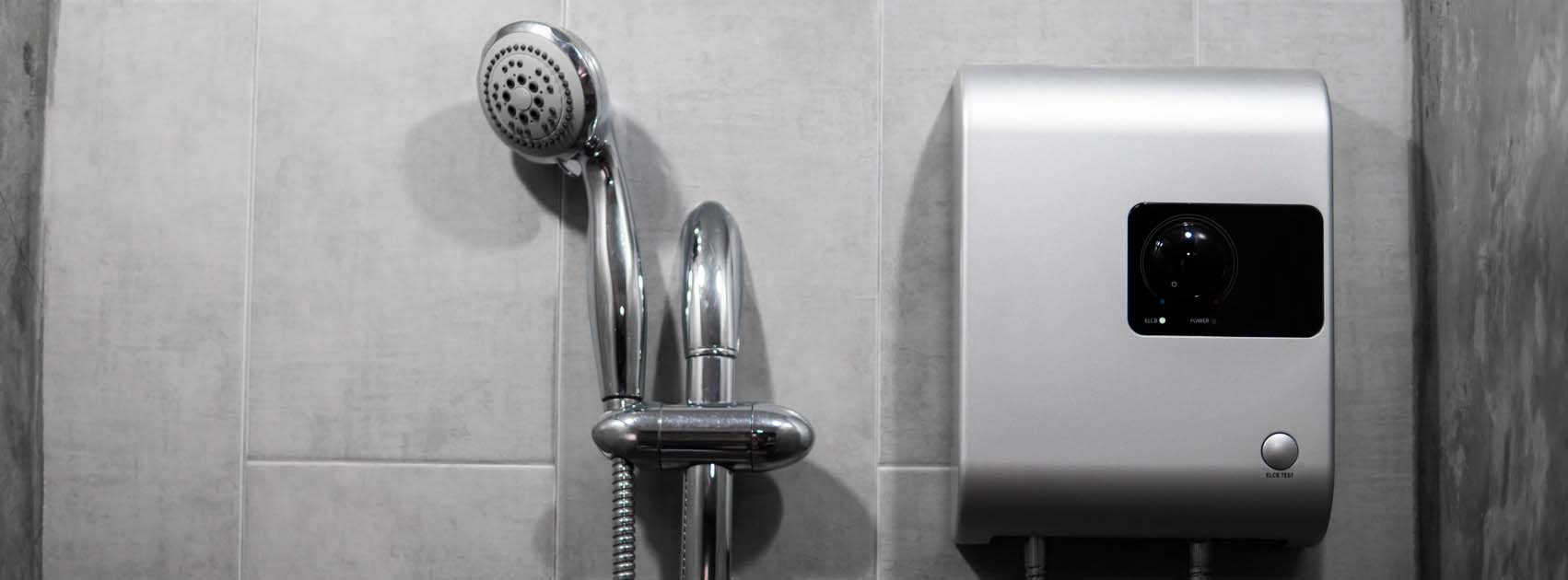

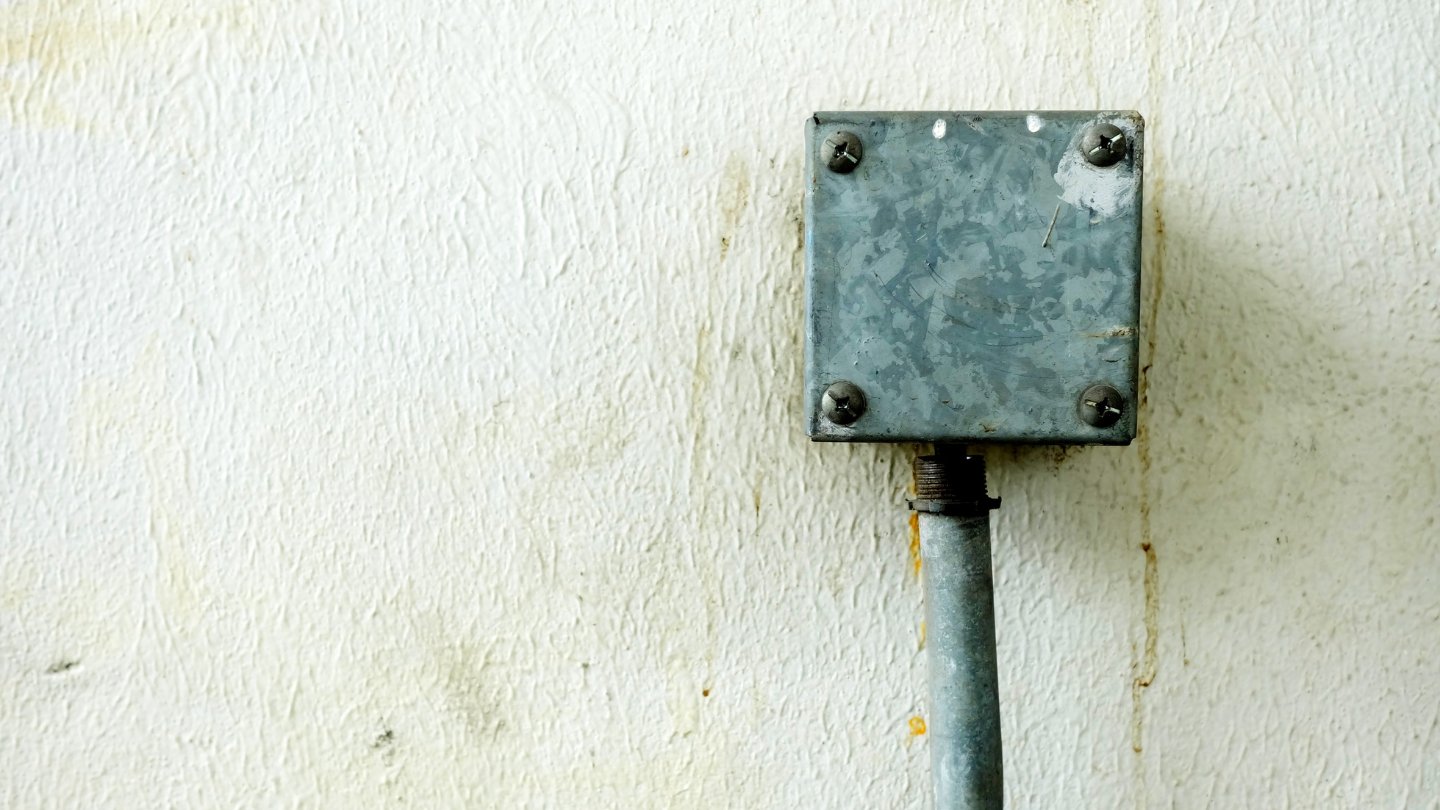
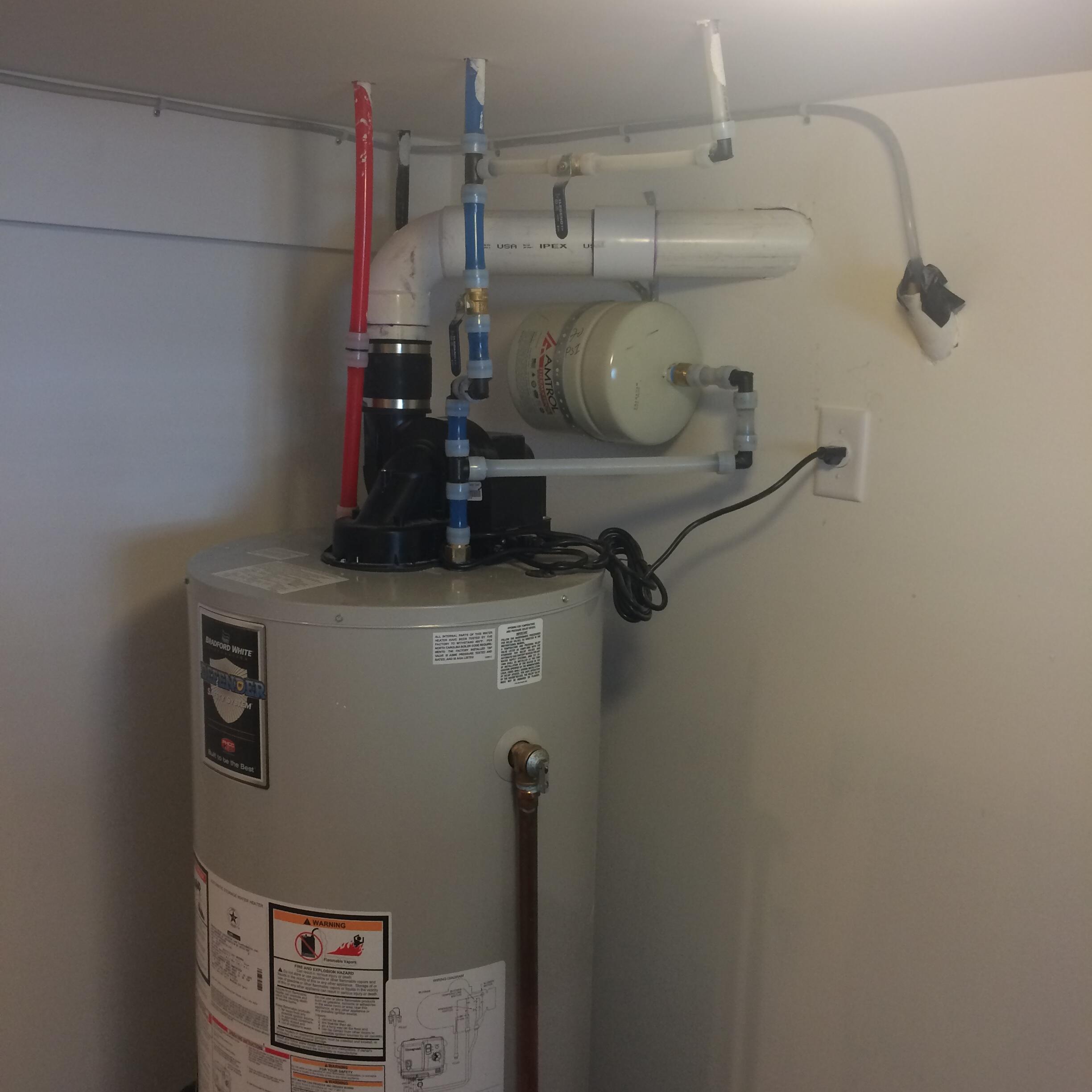
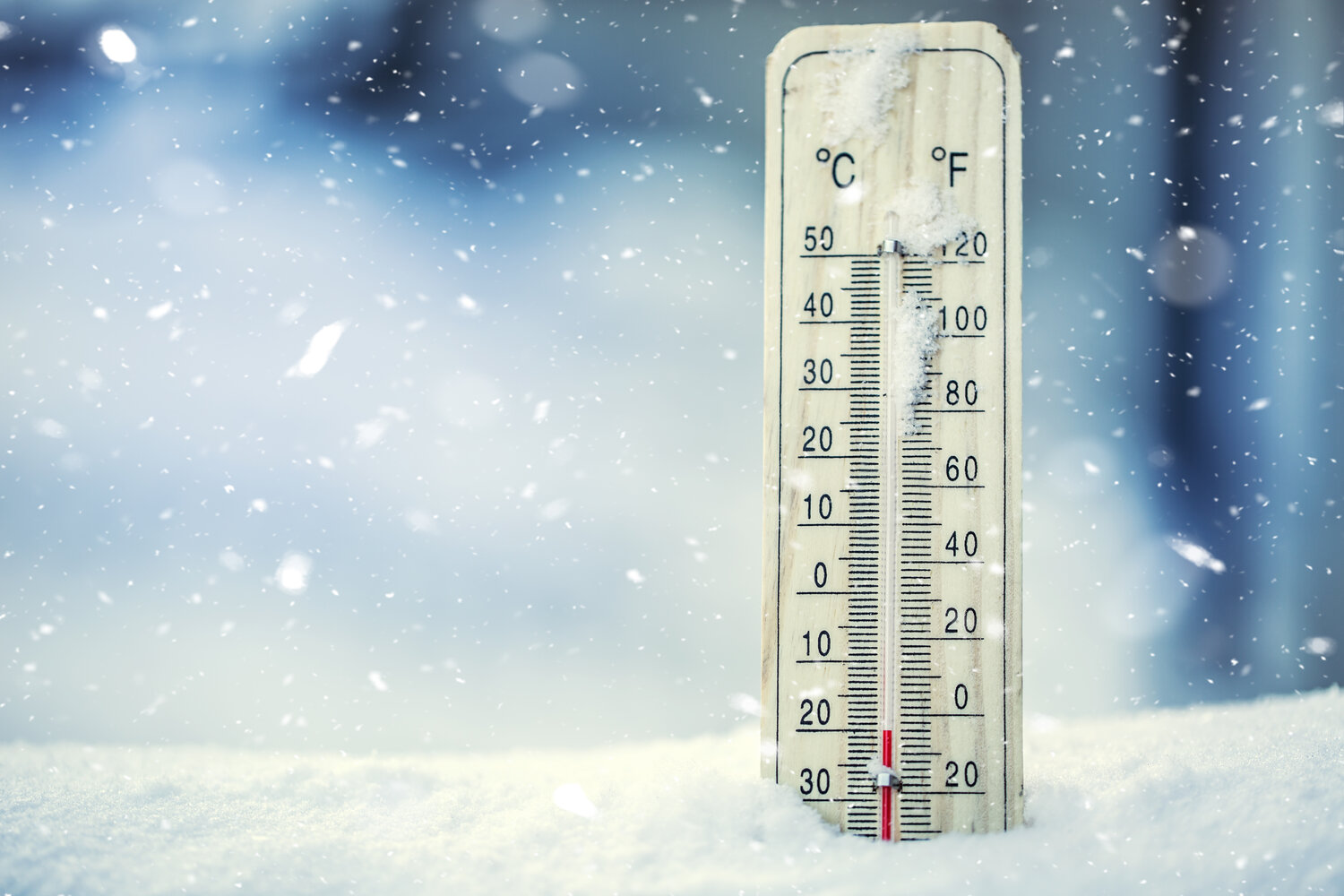




0 thoughts on “What Happens When A Water Heater Explodes”